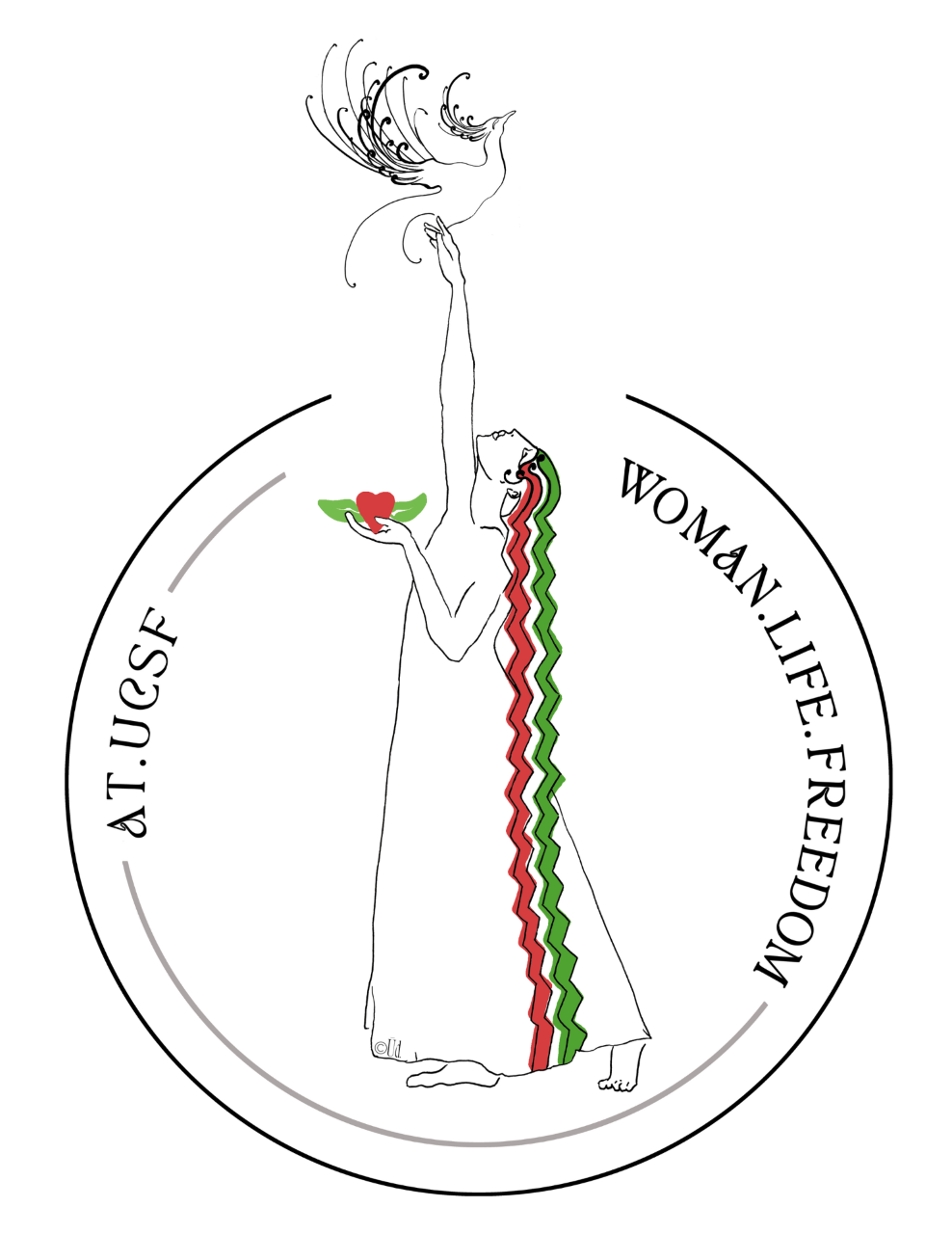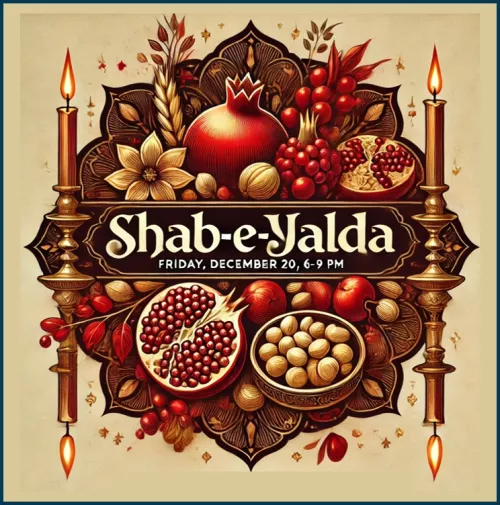Shab-e-Yalda
Shab-e-Yalda, also known as Yalda Night, an ancient celebration marking the winter solstice, is observed in Iran, Afghanistan, Azerbaijan, and Tajikistan. Shab-e-Yalda is more than just a celebration; it reflects themes of resilience, hope, and the triumph of light over darkness.
This night, the longest and darkest of the year, holds deep cultural significance. The term Yalda, derived from Syriac, means "birth," symbolizing the sun’s rebirth. Traditionally, it is a time for friends and family to come together to create a warm and joyful atmosphere. Activities include reading Persian poetry (especially works by Hafez), storytelling, dancing, and feasting on fruits like pomegranates and watermelons.
In Persian culture and Shab-e-Yalda celebrations, the pomegranate is a powerful symbol of life, fertility, and rebirth. Its vibrant red color represents the glow of dawn and the cycle of renewal, aligning with Yalda's theme of the sun’s rebirth after the longest night. The numerous seeds within the pomegranate also signify abundance, prosperity, and the interconnectedness of life.
On December 20, we, as the Woman Life Freedom group at UCSF, honor this beautiful tradition as a symbol of unity and solidarity with the people of Iran and all individuals facing hardship.
On the longest night, we gather to share light, love, and hope, reminding ourselves that even in darkness, together we shine brightest.

